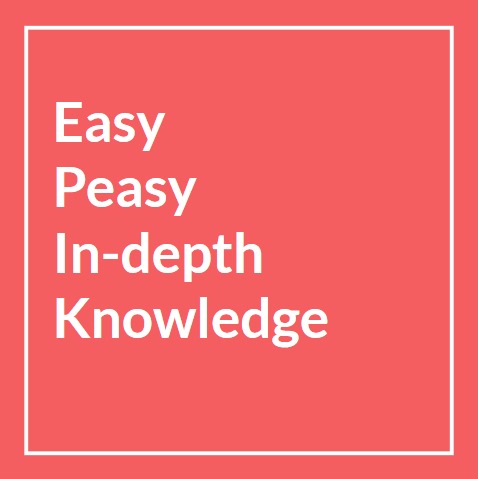티스토리 뷰
Instructions.
For each of the statements below, please indicate whether or not the statement is characteristic of you or of what you believe. For example, if the statement is extremely uncharacteristic of you or of what you believe about yourself (not at all like you), please choose 1. If the statement is extremely characteristics of you or of what you believe about yourself (very much like you), please choose 5. You should use the following scale as you rate each of the statements below.
1: extremely uncharacteristic of me
2: somewhat uncharacteristic of me
3: uncertain
4: somewhat characterictic of me
5: extremely characteristic of me
1. I prefer complex to simple problems.
2. I like to have the responsibility of handling a situation that requires a lot of thinking.
3. Thinking is not my idea of fun.*
4. I would rather do something that requires little thought than something that is sure to challenge my thinking abilities.*
5. I try to anticipate and avoid situations where there is a likely chance I will have to think in depth about something.*
6. I find satisfaction in deliberating hard and for long hours.
7. I only think as hard as I have to.*
8. I prefer to think about small daily projects to long term ones.*
9. I like tasks that require little thought once I've learned them.*
10. The idea of relying on thought to make my way to the top appeals to me.
11. I really enjoy a task that involves coming up with new solutions to problems.
12. Learning new ways to think doesn't excite me very much.*
13. I prefer my life to be filled with puzzles I must solve.
14. The notion of thinking abstractly is appealing to me.
15. I would prefer a task that is intellectual, difficult, and important to one that is somewhat important but does not require much thought.
16. I feel felief rather than satisfaction after completing a task taht requires a lot of mental effort.*
17. It's enough for me that something gets the job done; I don't care how or why it works.*
18. I usually end up deliberating about issues even when they do not affect me personally.
Note.
*=reverse scored item
Reference.
Cacioppo, J. T., Petty, R. E., & Kao, C. F. (1984). The efficient assessment of need for cognition. Journal of Personality Assessment, 48, 306–307.
왜 14번 문항은 역코딩 문항이 아닌지??
'유용한 연구 자료' 카테고리의 다른 글
| Inclusion of Other in the Self (IOS) Scale (타인과 나의 심리적 거리 측정 척도) (0) | 2020.07.07 |
|---|---|
| Brief Fear of Negative Evaluation Scale (간단한 부정적 평가 두려움 척도) (0) | 2020.07.07 |
| Rosenberg's Self-Esteem Scale (로젠버그의 자존감 척도) (0) | 2020.07.06 |
| Adult Attachment Questionnaire (AAQ, 성인 애착 조사도구) (0) | 2020.07.06 |
| Perceived Relationship Quality Components (PRQC) Inventory (관계만족도 측정 도구) (0) | 2020.07.06 |
- amos
- process
- SEM
- 매개효과
- moderation
- 사회심리
- R 기초
- 논문통계
- invariance test
- Mplus
- Hayes
- multilevel
- social exclusion
- MLM
- process macro
- 간접효과
- 부정적 평가 두려움 척도
- EFA
- close relationships
- 구조방정식
- 프로세스
- 소속감
- 탐색적 요인분석
- indirect effect
- rstudio
- mediation
- probing
- structural equation modeling
- 조절분석
- exploratory factor analysis
